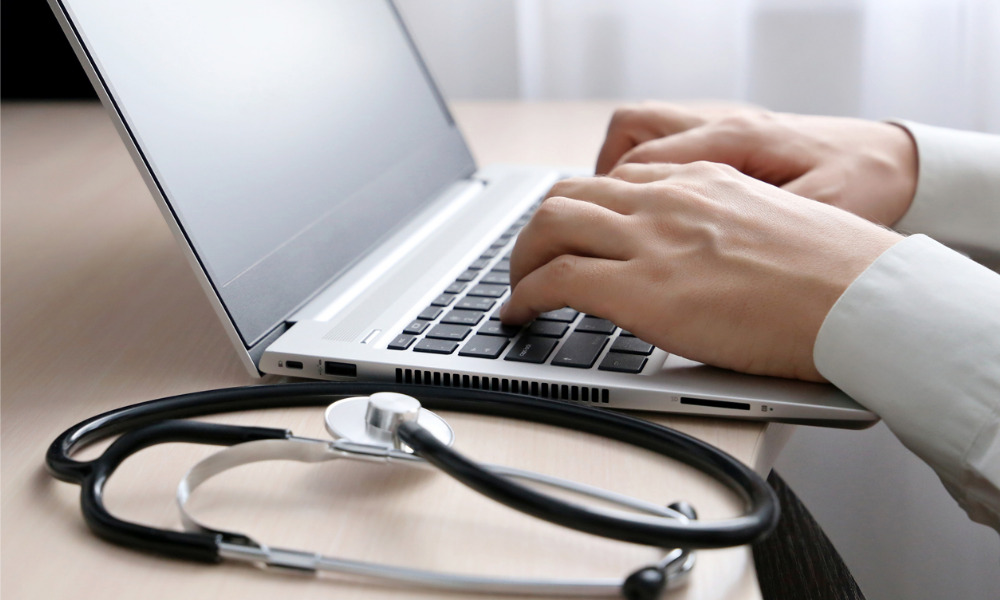Getting medical documentation when you’re sick doesn’t always involve a visit to the clinic. The need for valid medical certificates is often urgent, which requires people to leave their homes with little or no time to wait. Several verified sources let patients consult licensed doctors remotely and get proper documentation. An online doctor certificate from these channels has the same legal validity as one from a traditional clinic visit. The key is that it must come from registered medical practitioners who conduct proper assessments.
Registered telehealth platforms
Dedicated telehealth platforms connect patients with licensed doctors through secure video or phone consultations. These services work under proper medical registration. They follow clinical standards needed to issue valid certificates. Doctors on these platforms check your identity and carry out medical assessments. Certificates are given only when it is medically suitable. Nextclinic.com.au offers access to registered practitioners who review different conditions and provide documents for work, study, or other official needs. The process starts when you book an appointment and fill out a short medical form. Then you talk to a doctor who reviews your symptoms and medical history. After the check, you receive the certificate electronically within a few minutes or hours. These platforms keep proper records of each consultation. The details help in easy verification when employers or institutions need to confirm the certificate.
Hospital virtual services
Many public and private hospitals now run virtual consultation services. These programs go beyond emergency care. They let existing patients or new individuals consult with hospital-affiliated doctors remotely for non-emergency medical issues. When you book through hospital telehealth programs, you speak with doctors who work within established medical institutions. This adds credibility to issued certificates. Hospital virtual clinics generally require you to register as a patient first. This involves providing identification and creating a medical record. The doctors can access hospital systems and coordinate with other departments if needed. They issue certificates on official hospital letterhead. In hospital programs, specific groups of patients may be targeted, such as chronically ill patients or people just discharged. Others serve the general community for routine medical consultations.
Traditional GP clinics
Numerous established general practice clinics have added telehealth services alongside their physical locations. If you already have a regular GP, many now offer video or phone consultations as an alternative to in-person visits. Many GP clinics accept telehealth bookings even if you’ve never visited their physical location. The process involves:
- Searching for GP clinics in your area that advertise telehealth services
- Calling or booking online through their patient portal systems
- Completing new patient registration forms electronically
- Attending your scheduled video or phone consultation
- Receiving your certificate via email or patient portal access
GP clinics maintain comprehensive medical records and operate under strict regulatory oversight. Their certificates are highly reliable for workplace or educational submissions. Each verified source shares one critical element. All require genuine consultations with registered medical practitioners who conduct proper assessments before issuing certificates. The delivery method may be digital, and the consultation may happen remotely. The medical standards stay the same as traditional practice. Fake certificate services do not have these protections and carry legal risks that are much higher than any convenience they offer.

 Where can you get a verified online doctor certificate?
Where can you get a verified online doctor certificate?  Essential Guide to Selecting the Perfect Plastic Cake Box
Essential Guide to Selecting the Perfect Plastic Cake Box  Are Chicken Wraps and Sandwiches Worth the Hype?
Are Chicken Wraps and Sandwiches Worth the Hype?  Empowering Home Cooks: Taking Your Everyday Dishes from Ordinary to Extraordinary
Empowering Home Cooks: Taking Your Everyday Dishes from Ordinary to Extraordinary  Unique Flavours That Stay Forever, Alive in Every Thai Kitchen
Unique Flavours That Stay Forever, Alive in Every Thai Kitchen  Why Halal Bento Catering Is Becoming Popular for Events in Singapore
Why Halal Bento Catering Is Becoming Popular for Events in Singapore  Elevating Social Gatherings With Afternoon Tea Caterers in Singapore
Elevating Social Gatherings With Afternoon Tea Caterers in Singapore  Popular Cake Shops in Singapore: The Dos and Don’ts You Should Know
Popular Cake Shops in Singapore: The Dos and Don’ts You Should Know  Mad Honey Explained: Origins, Effects, and Safety Considerations
Mad Honey Explained: Origins, Effects, and Safety Considerations 


